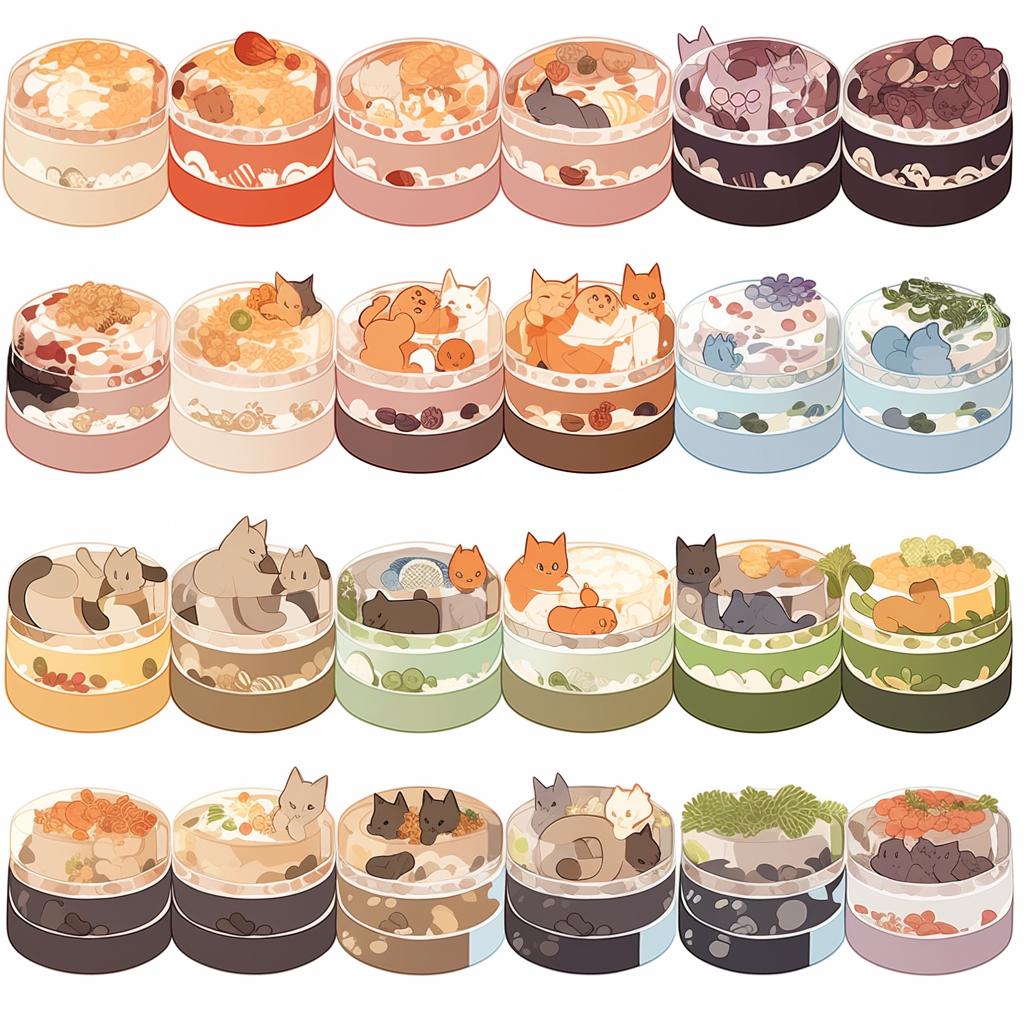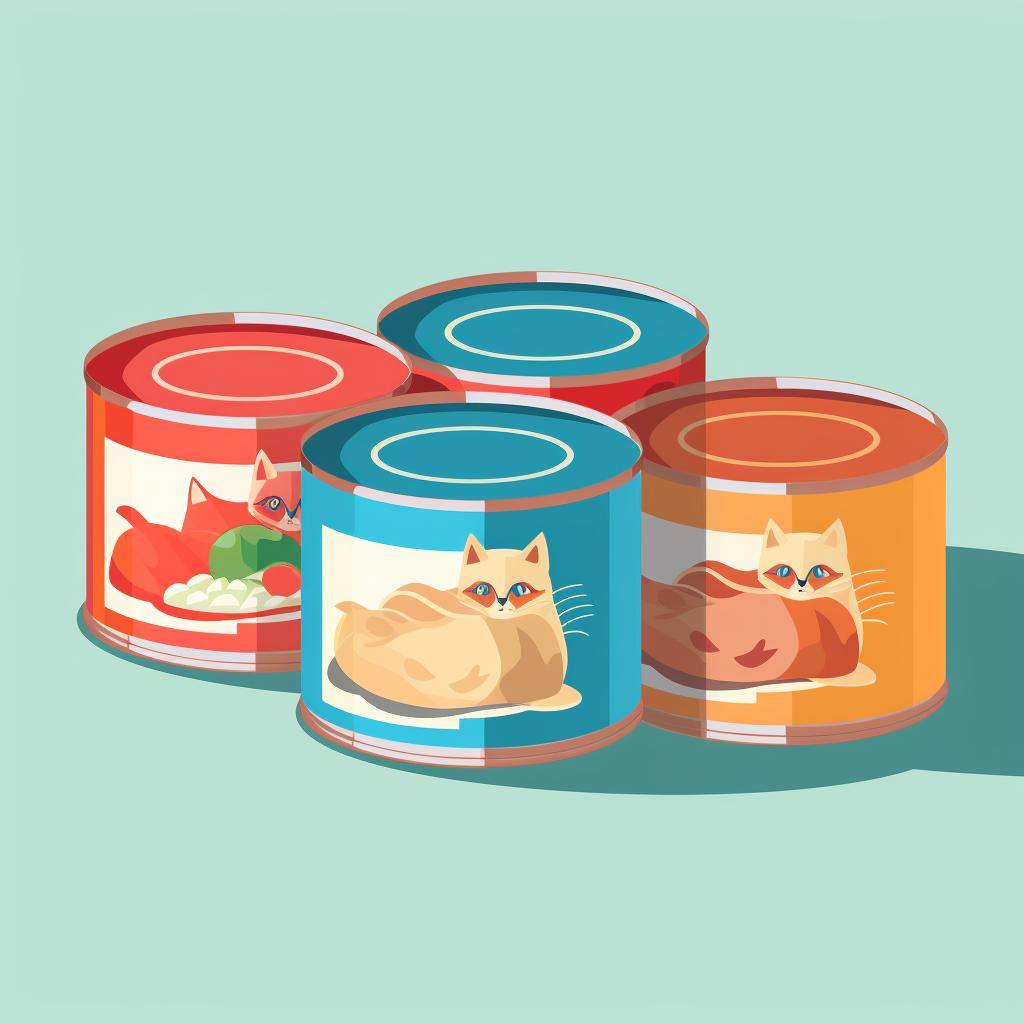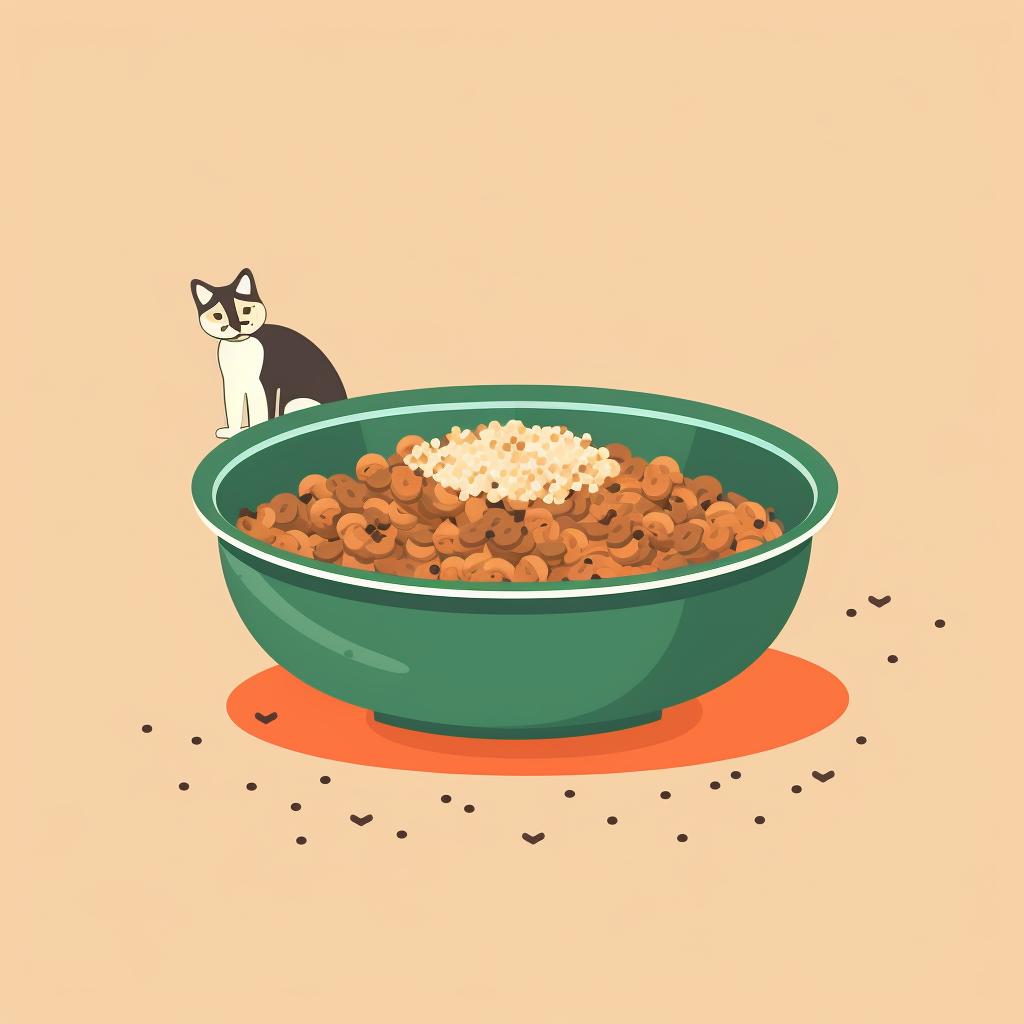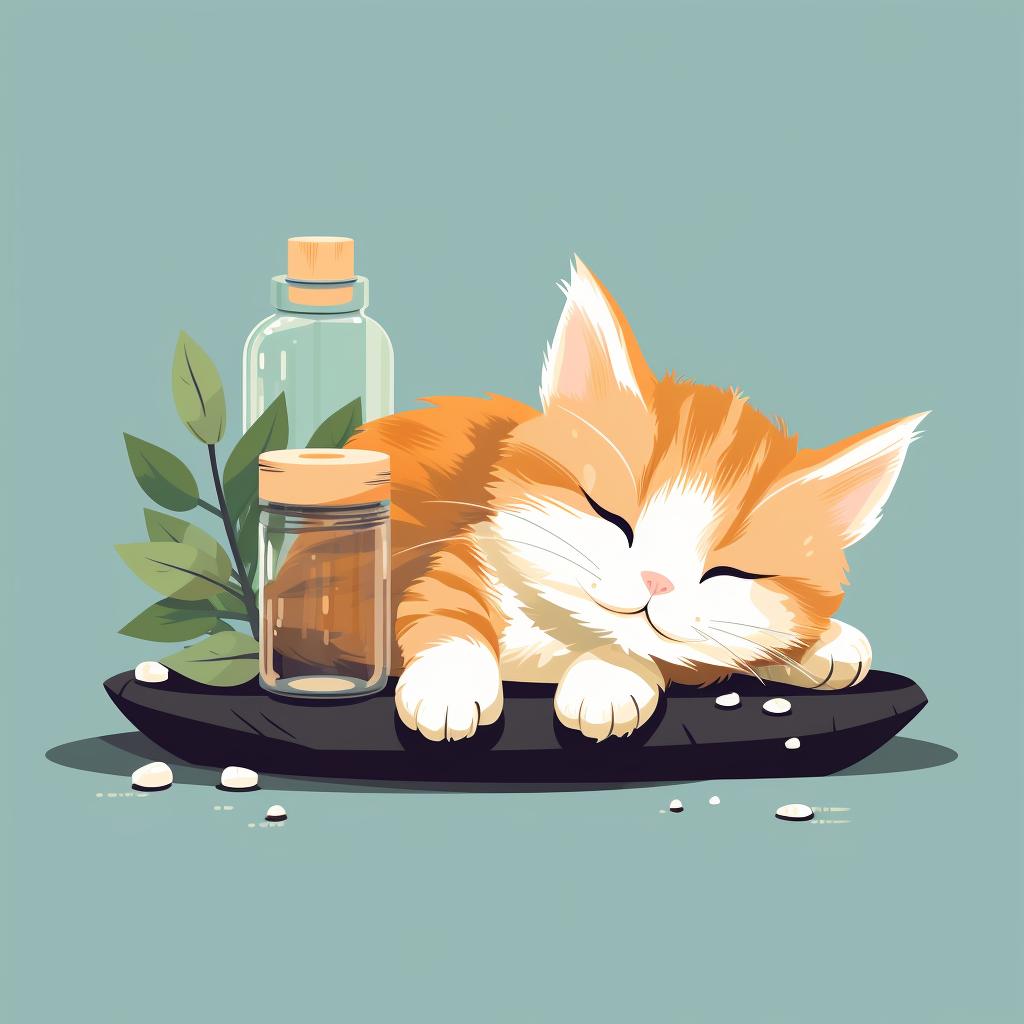Jacob Murphy is a cat photographer with a keen eye for capturing the beauty and personality of cats. He combines his love for photography and cats in his articles, offering tips on how to photograph cats. Jacob's articles are visually stunning and informative.
Decoding Your Cat's Mealtime Strike: Why Aren't They Eating?
Many factors can contribute to a cat not eating, ranging from health issues to behavioral problems. It could be due to dental problems, gastrointestinal issues, or more serious conditions like kidney disease.
Common Reasons for a Cat Not Eating
Here are some common reasons why your cat might stop eating:
| Potential Cause | Description | Possible Solutions |
|---|---|---|
| Dental Problems 🦷 | Cats may stop eating if they have a toothache or gum disease. | Consult a vet for a dental check-up. Maintain good dental hygiene for your cat. |
| Gastrointestinal Issues 🐱👓 | Issues like gastritis or constipation can make eating uncomfortable for cats. | Seek veterinary advice. Dietary changes may be required. |
| Kidney Disease 🧪 | Kidney disease can cause loss of appetite, among other symptoms. | Immediate veterinary care is crucial. Dietary adjustments and medication may be needed. |
| Stress 🙀 | Changes in environment or routine can cause stress in cats, leading to loss of appetite. | Provide a calm and stable environment. Use stress-relieving toys or treatments. |
| Food Preferences 🍽️ | Cats may refuse to eat if they don't like the taste or texture of their food. | Try different flavors or brands of cat food. Warm up the food a bit to enhance its aroma. |
Understanding these potential causes can help you take the right steps in ensuring your cat gets the nutrition it needs.
| Potential Cause | Description |
|---|---|
| Dental Problems | Cats may stop eating if they have dental issues such as tooth decay or gum disease. |
| Gastrointestinal Issues | Conditions like gastritis or pancreatitis can make eating painful for cats. |
| Kidney Disease | Older cats, in particular, may stop eating because of kidney problems. |
Purr-suading Your Kitty to Eat: Appetite Boosting Tips 🍽️
If your cat has lost its appetite, there are several strategies you can try to stimulate it.
Here are some practical steps you can take to stimulate your cat's appetite:
Learn more about Reviving Your Cat's Appetite: A Step-by-Step Guide 🐱 or discover other Cat Mutt guides.
Remember, if your cat hasn't eaten for more than 24 hours or if they're showing other signs of illness, it's essential to consult a vet.
Warm up the food: Cats prefer their food at room temperature or slightly warmer.
Rotate different food flavors: Sometimes, cats may get bored with the same food. Try rotating different flavors to pique their interest.
Use appetite-stimulating supplements: There are several supplements available that can help stimulate a cat's appetite. Be sure to consult with your vet before using any supplements.
Is It Time to Call the Vet? Recognizing Serious Cat Health Problems 🚑
It's essential to consult a vet if your cat hasn't eaten for more than 24 hours or if they're showing other signs of illness like vomiting, diarrhea, or lethargy.
Let's answer some common questions about cat eating disorders to help you understand your feline friend's eating habits better.
Remember, every cat is unique, and what works for one might not work for another. Always consult with your vet for the best advice.
Q: Can stress cause my cat to stop eating?
A: Yes, changes in the environment or routine can cause stress in cats, leading to eating disorders.
Q: How long can a cat go without eating?
A: Cats should not go without eating for more than 24 hours. Prolonged fasting can lead to a dangerous condition called hepatic lipidosis or fatty liver disease.
Remember, understanding your cat's behavior is crucial in maintaining their health. Always keep an eye on their eating habits and consult a vet if you notice any unusual behavior.
If your cat has lost its appetite, there are several strategies you can try to stimulate it. One effective solution is to use an appetite-stimulating supplement for cats.
This supplement can help stimulate your cat's appetite. It's made with natural ingredients and is safe for cats of all ages. By providing essential vitamins, minerals, probiotics, enzymes, antioxidants, and superfoods, this 40-in-1 nutritional supplement supports your cat's overall health and well-being. Give it a try and see the positive impact it can have on your cat's appetite.
This supplement can help stimulate your cat's appetite. It's made with natural ingredients and is safe for cats of all ages. However, always consult with your vet before introducing any new supplement to your cat's diet.
Have you ever experienced feeding issues with your cat?
Share your experience with other cat owners. Your input can help others facing similar issues.
Share your experience with other cat owners. Your input can help others facing similar issues.
To better understand the reasons why your cat might stop eating, let's hear from a professional. Dr. Sarah Wooten, a well-known veterinarian, has shared her insights in a video.
Dr. Wooten's explanation should give you a clearer understanding of the potential health problems that could lead to your cat not eating. Remember, if your cat's eating habits change drastically, it's always best to consult with a vet.
Here's a helpful video from a vet explaining some common health problems in cats that can lead to eating disorders.
In conclusion, if your cat stops eating, try to identify any potential causes, stimulate their appetite, and seek veterinary help if needed. With proper care and attention, your feline friend will be back to their normal eating habits in no time.
Here's a helpful video from a vet explaining some common health problems in cats that can lead to eating disorders.
In conclusion, if your cat stops eating, try to identify any potential causes, stimulate their appetite, and seek veterinary help if needed. With proper care and attention, your feline friend will be back to their normal eating habits in no time.
For more information on how to stimulate your cat's appetite, you can refer to this step-by-step guide.
If you want to learn more about common health issues that can affect cats, you can check out this article.
Additionally, if you are interested in maintaining your cat's overall health, veterinarians recommend following these recommendations.
Remember, taking care of your cat's health is essential for their well-being. If you have any concerns or questions, don't hesitate to seek professional advice.









































